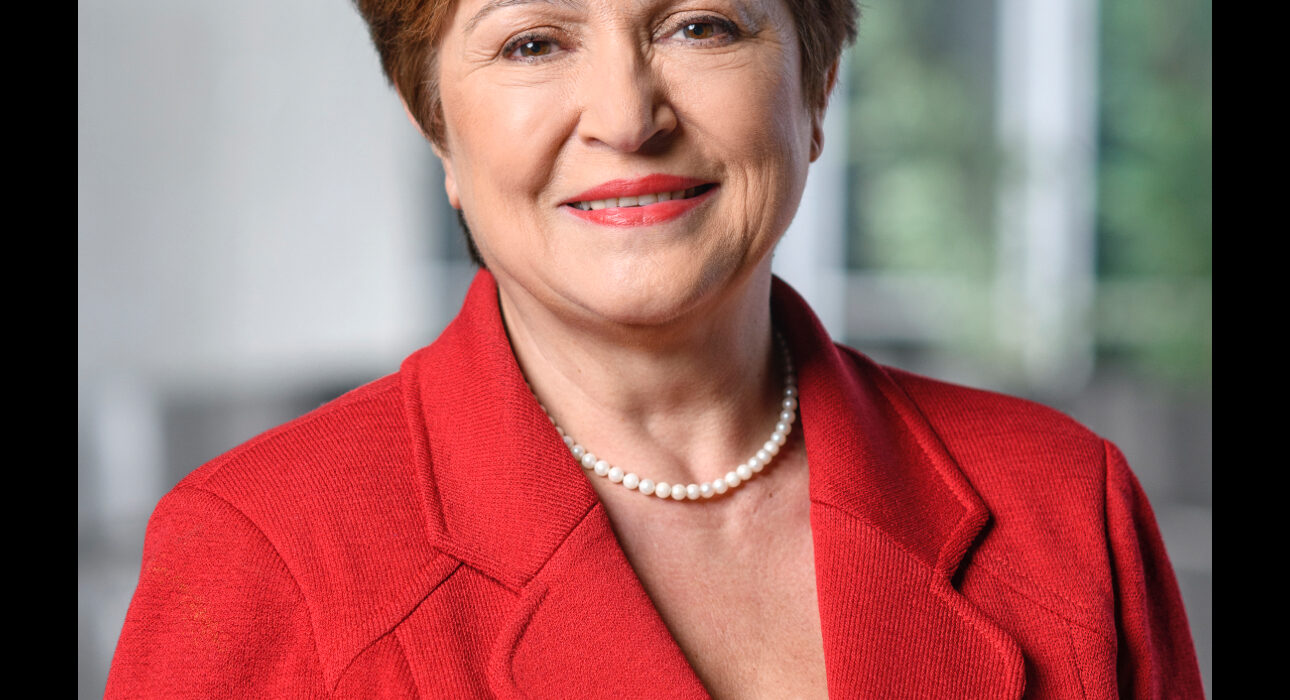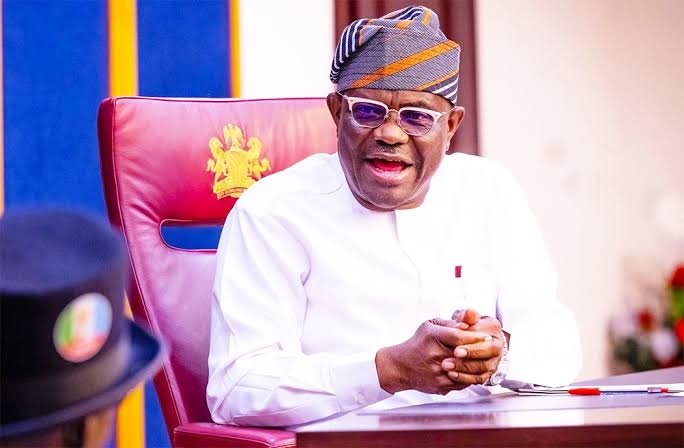IMF Chief Warns of Dire Economic Consequencies from Trump’s Threatened Tariffs

Managing Director of International Monetary Fund (IMF), Kristalina Georgieva, has warned of the dire impacts of U.S. President Donald Trump’s threatened tariffs on global economic activities.
In an interview, Georgieva indicated that the uncertainty of Trump’s trade policies had the potential to significantly damage global economic growth, particularly by reducing investor confidence and raising borrowing costs.
She claimed the volatility that goes with the tariffs was fueling financial chaos worldwide. The unpredictability, she claimed, was coming from fears that a mounting trade dispute would lead to dearer long-term borrowing and increased lending rates at which companies and governments have to borrow to support their operations. In addition, uncertainty has propelled hedge on investors’ side to fear the cost of the fickle nature of Trump’s trading.
While the IMF does not anticipate a near-term global recession, Georgieva warned that protracted uncertainty will continue to hold back economic activity. The world economy is already facing severe headwinds, and the increased trade tensions between the U.S. and other nations are exacerbating these challenges.
One of the key concerns with Trump’s tariffs is how they would impact the world’s supply chain. Trade restrictions in the form of tariffs levied on imports from abroad have the potential to shatter the intricate webs that connect economies worldwide. Industries that thrive from the free flow of goods, such as manufacturing, technology, and agriculture, are particularly vulnerable to disruption.
To counter the growing worries, Georgieva urged more open trade policies and greater global cooperation to stabilize the world economy. She urged a reduction in the levels of protectionism in trade that would ultimately result in a more predictable and supportive climate for world economic expansion.
While Georgieva indicated that little risk remains at this time of an instant global recession, she did point to the importance of preventing the long-term harm from this trade tension. The uncertainty surrounding trade policy is already constricting markets globally, perhaps to such an extent as to lead to deceleration in economic growth if not addressed.
As markets react to these developments, policymakers, multinationals, and financial institutions will closely watch the unfolding scenario. The majority of individuals are expecting a favorable direction of travel as the U.S. trade policies keep on evolving under the leadership of President Trump.
IMF warning comes at a time when stock markets all over the world are experiencing volatility. The “Liberation Day” tariffs Trump proposed are of most concern to the analysts, and they might once again fuel the trade war and the economic perils confronting nations worldwide. Even in times of uncertainty, Georgieva is positive regarding the global economy’s capability to weather these challenges but stresses that firm action is necessary in order to avoid the economy from falling further.
While the IMF does not predict an imminent recession, it cautions that the outstanding trade issues and threats of tariffs pose significant risks to the world economy. Open policies, global cooperation, and lowering protectionism will be critical in maintaining global economic stability in the future.







